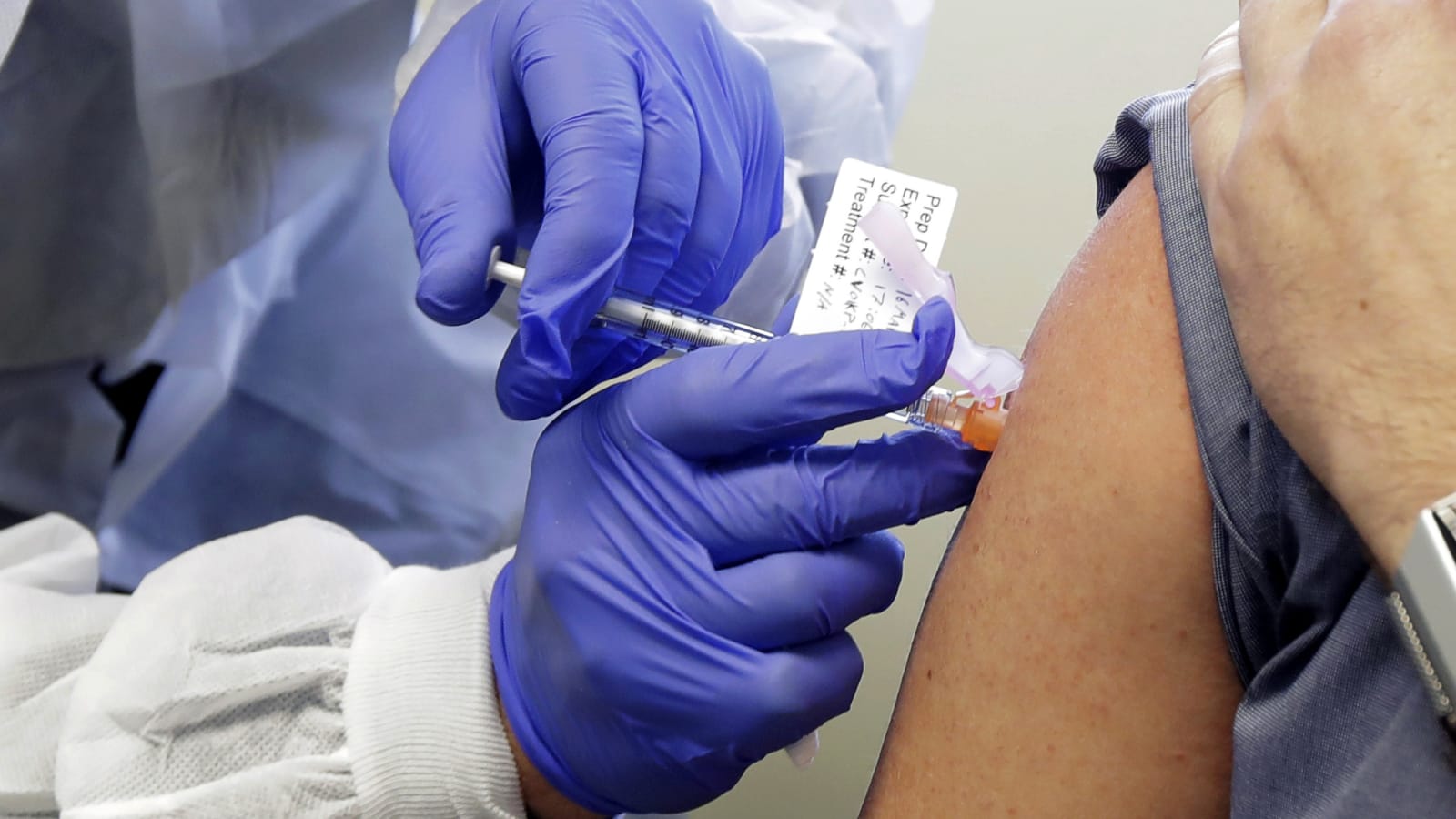Germany Imposes Restrictions On AstraZeneca Jabs For Under-60s
Germany will deploy AstraZeneca’s coronavirus vaccine for general use only for over-60-year-old, ministers decided Tuesday, imposing restrictions for younger people after several severe clotting cases.
Under-60s can still decide to take the vaccine but only following “consultation with the doctor carrying out the vaccination … and with an individual risk analysis,” said ministers of Germany’s 16 states as well as the federal health minister in a policy statement.
The World Health Organization and the EU’s health watchdog have both deemed the AstraZeneca vaccine safe, but several countries have restricted its use over clotting fears.
Germany’s decision came after the vaccine commission known as STIKO recommended that use of the jabs be halted for under-60s because of “currently available data on the occurrence of rare but very severe thromboembolic side effects” in younger vaccinated people.
It intends to make another recommendation by the end of April on how to proceed with people under 60 who have already received a first dose of the vaccine, it said.
Pending this decision, ministers said people who are due for their second jab can either choose to take it if cleared by their attending doctor, or they can opt to wait for the commission to make its recommendation. The cities of Berlin and Munich, as well as Brandenburg state had announced earlier that they were suspending the vaccine for younger people. Germany’s medicines regulator, the Paul Ehrlich Institute (PEI), has now reported 31 cases of blood clots in people who have received AstraZeneca, Der Spiegel magazine reported on Tuesday.
Almost all cases are reportedly in younger and middle-aged women, prompting several German hospitals to suspend the use of the jab for women under 55 this week.
On Monday, Canada also recommended halting the use of the jab for under-55s “pending further analysis”.
The AstraZeneca vaccine has had something of a rollercoaster ride. Britain, which developed it, staunchly supports its use, South Africa has rejected it outright, and more than a dozen EU nations suspended shots in mid-March before most recommenced rollouts, albeit with a patchwork of age restrictions.
France has limited its use to over-55s, while Spain has done the same for under-65s. Germany’s vaccination campaign has been sluggish, with official figures showing around 11 percent of the population have received a first dose so far.




